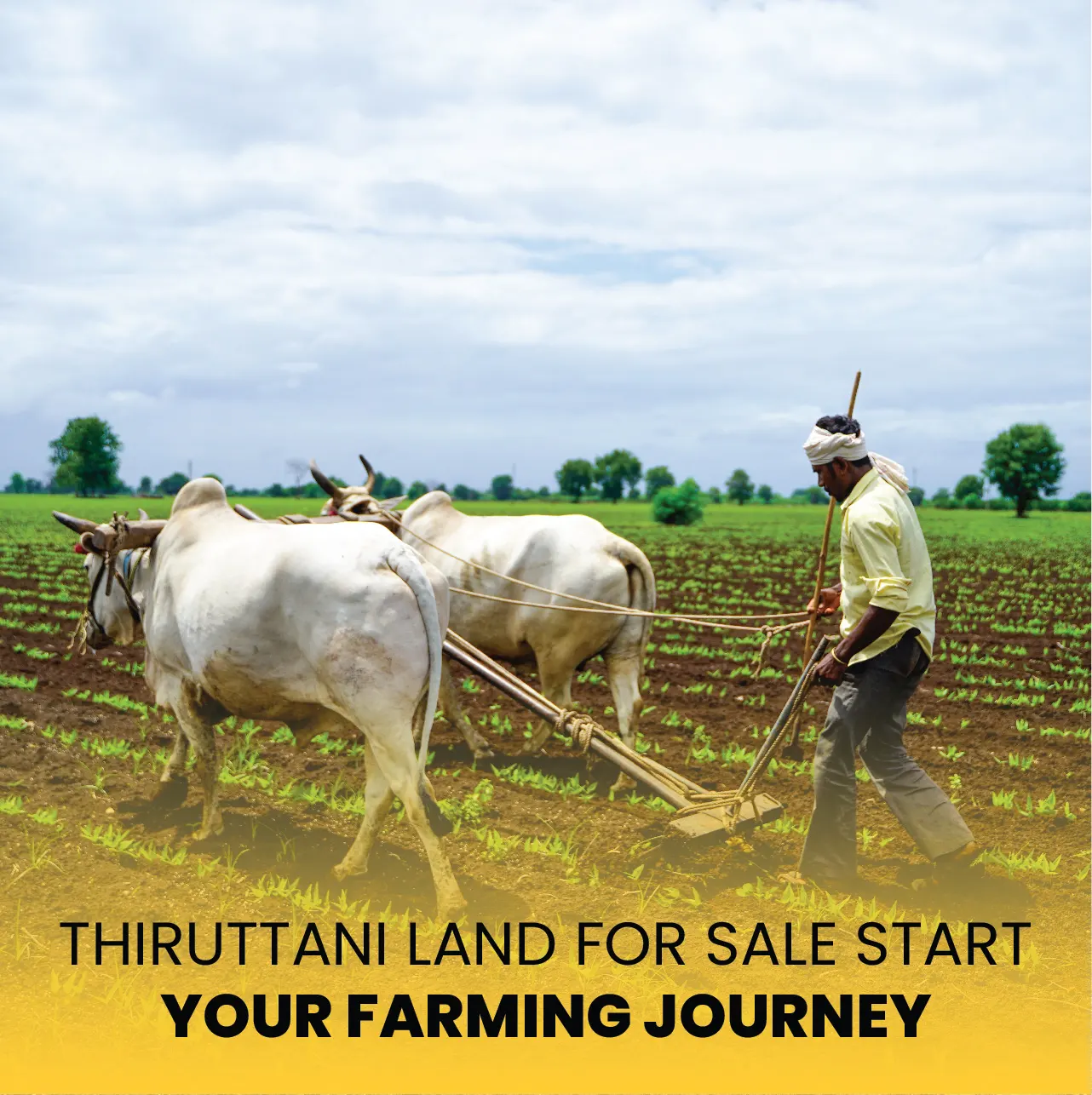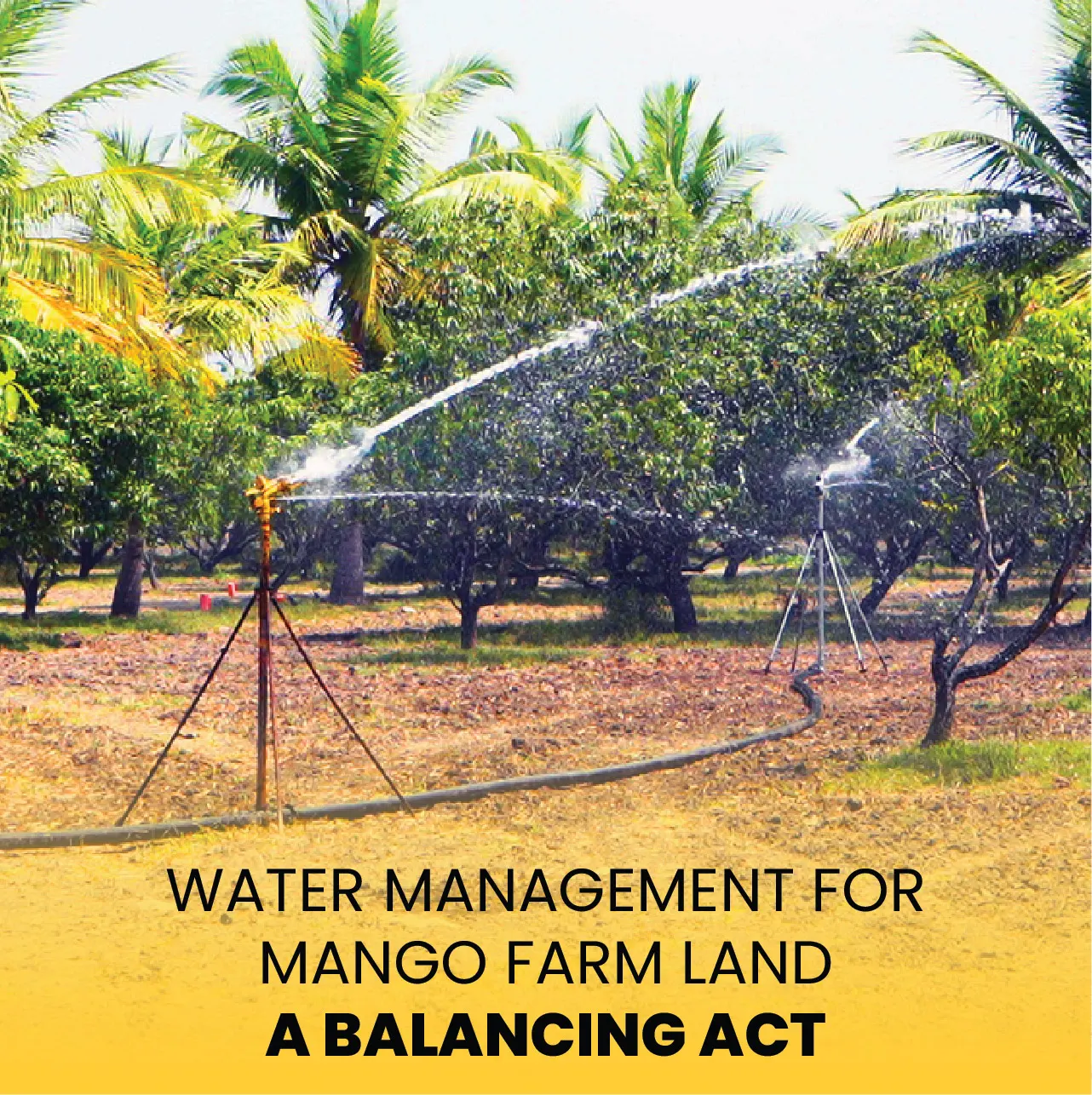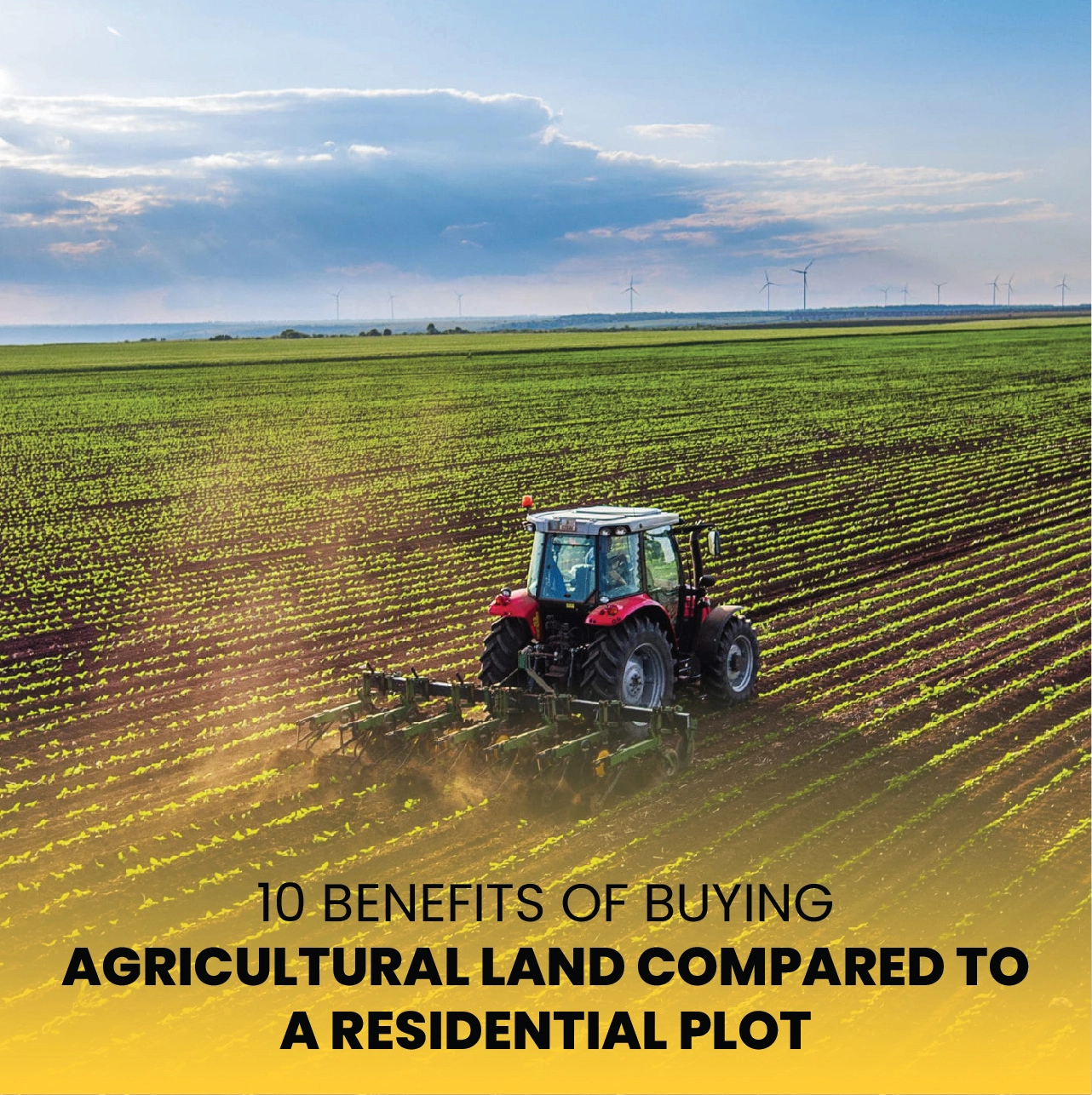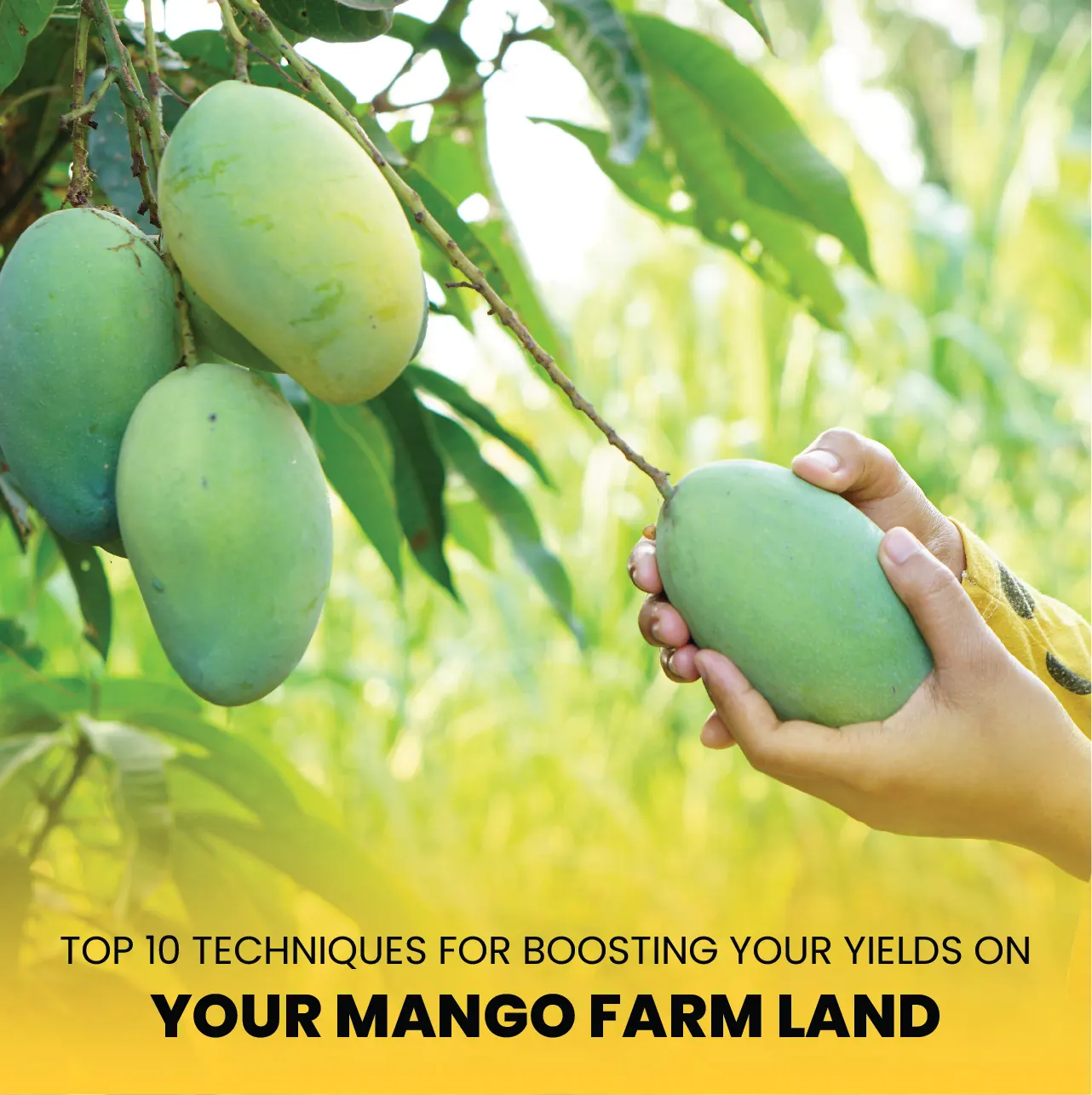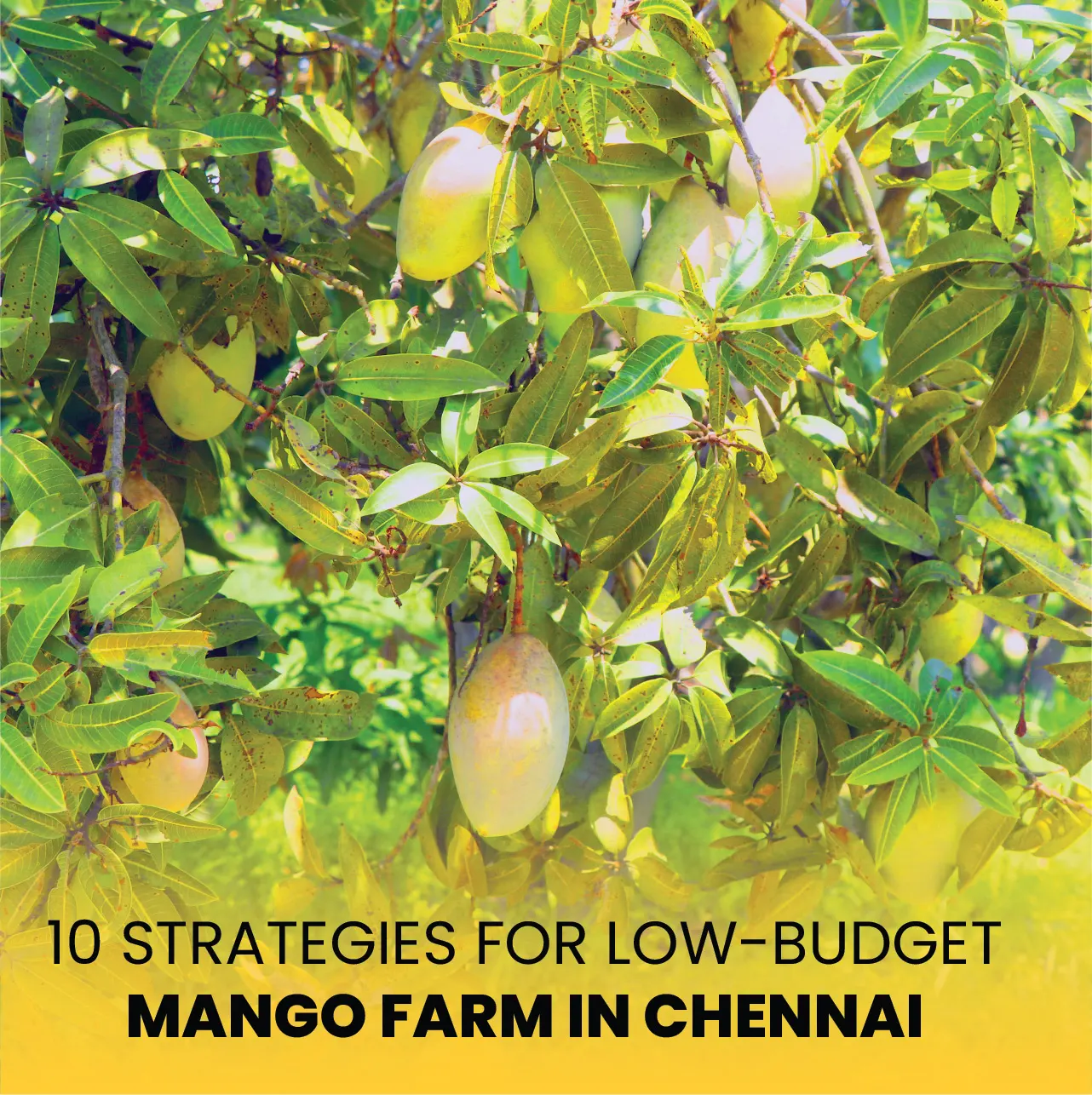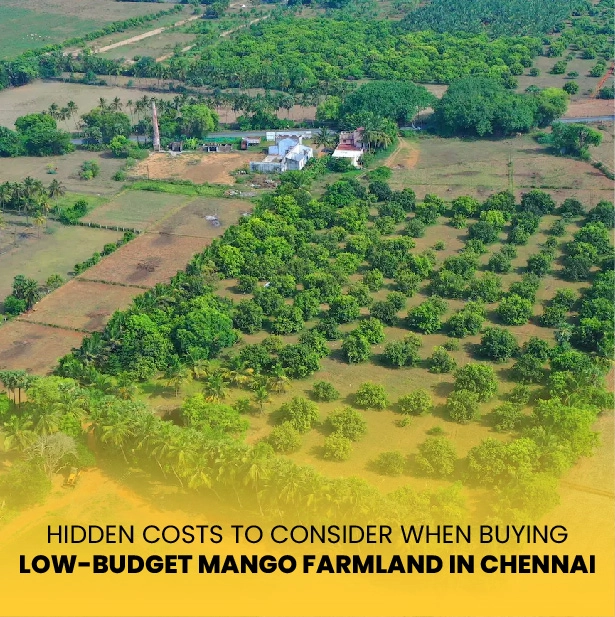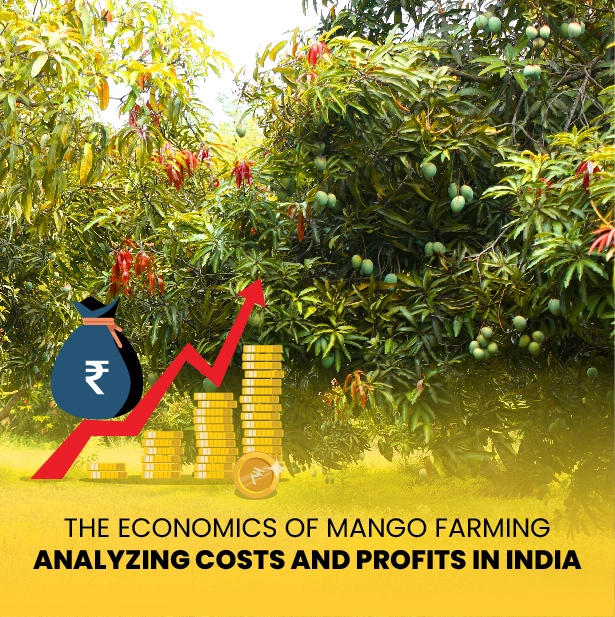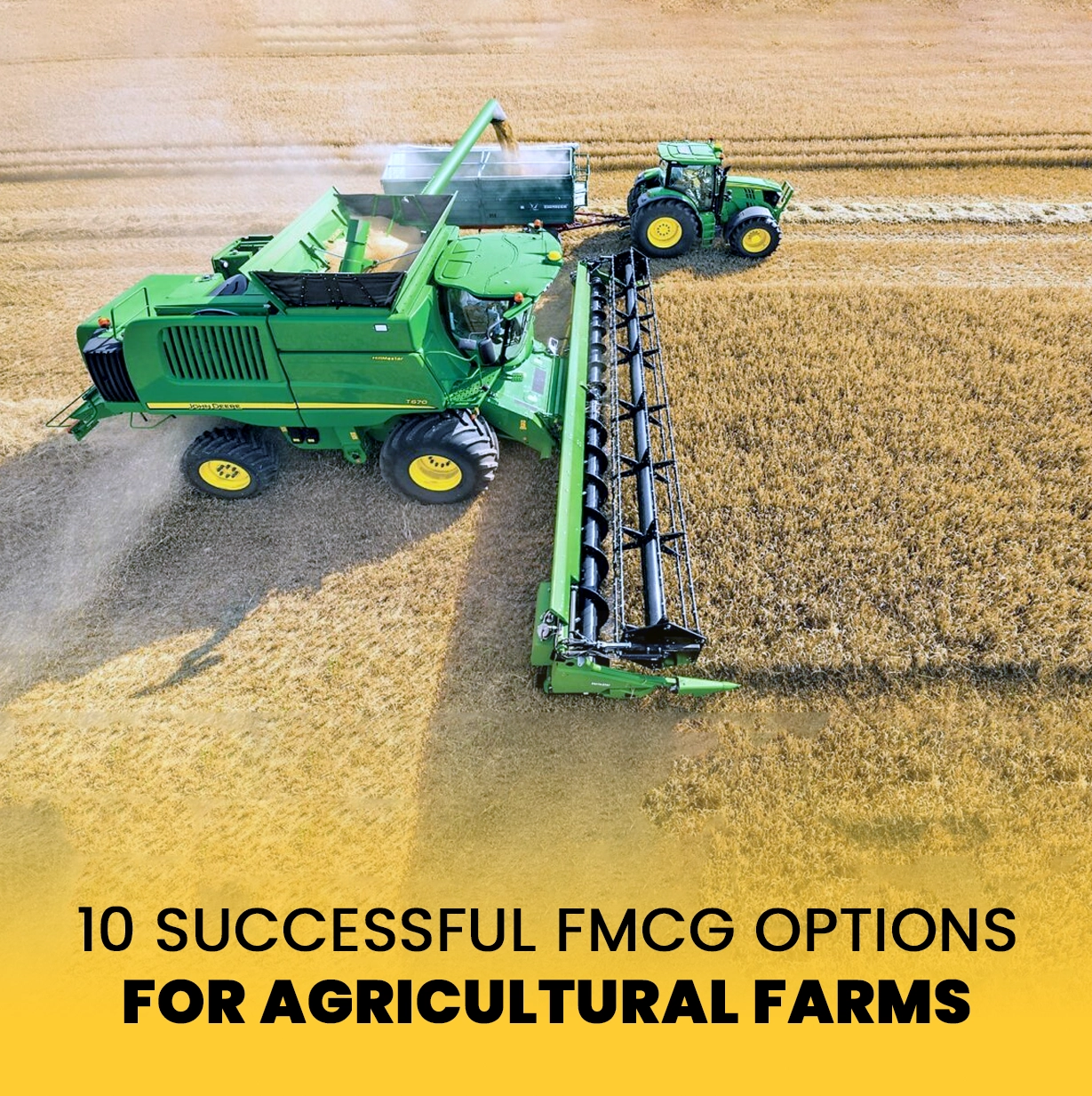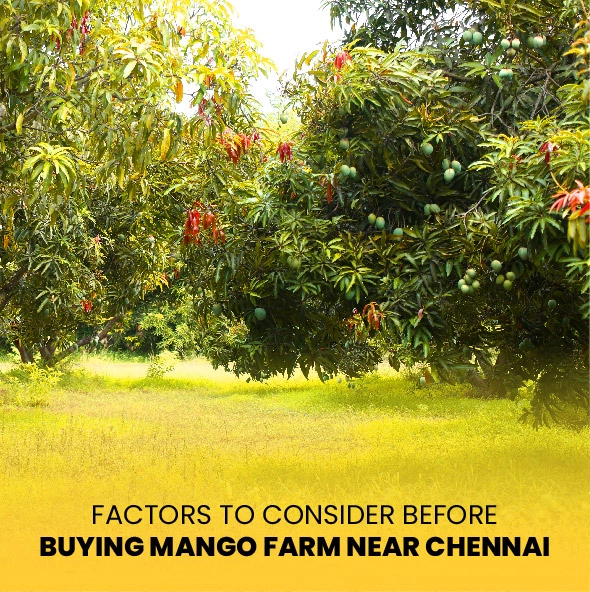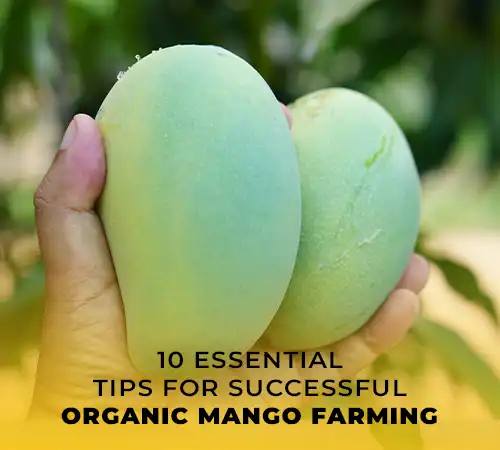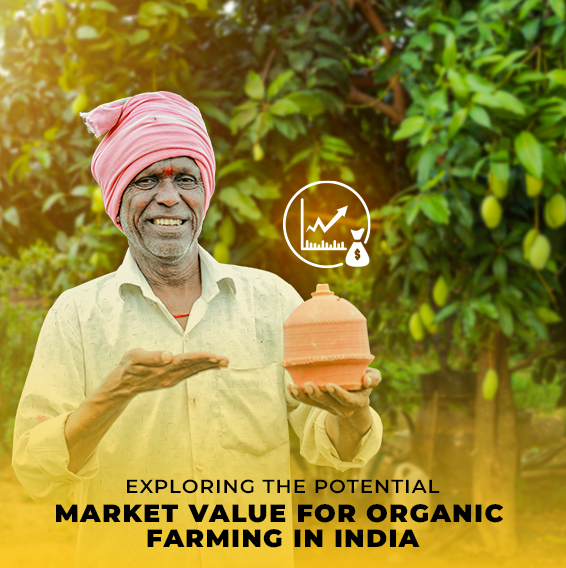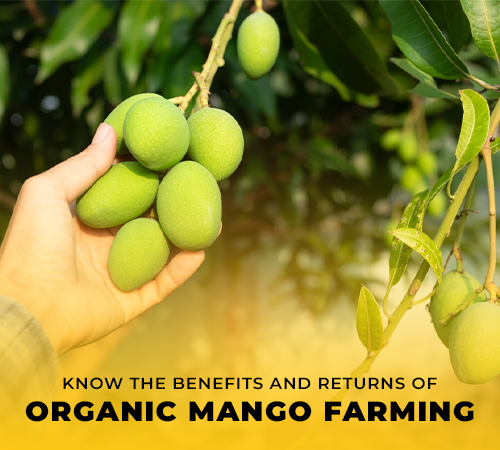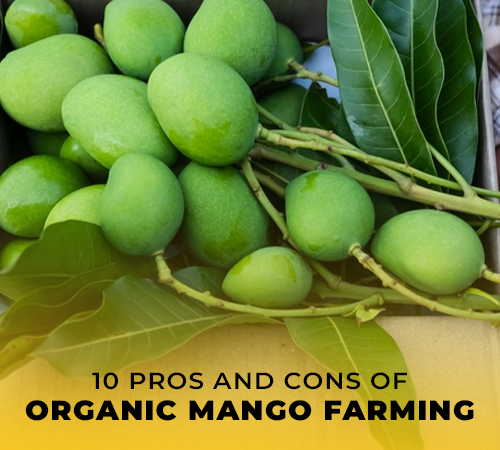The allure of the mango transcends its vibrant colors and intoxicating aroma. It's a symbol of abundance, a taste of the tropics, and a cultural icon revered across the globe. But for the aspiring farmer, the mango represents an opportunity – a chance to cultivate your own piece of tropical magic.
This step-by-step guide will equip you with the knowledge to embark on your mango farming journey. From selecting the perfect mango farm land for sale to harvesting your first delicious crop, we'll cover everything you need to know.
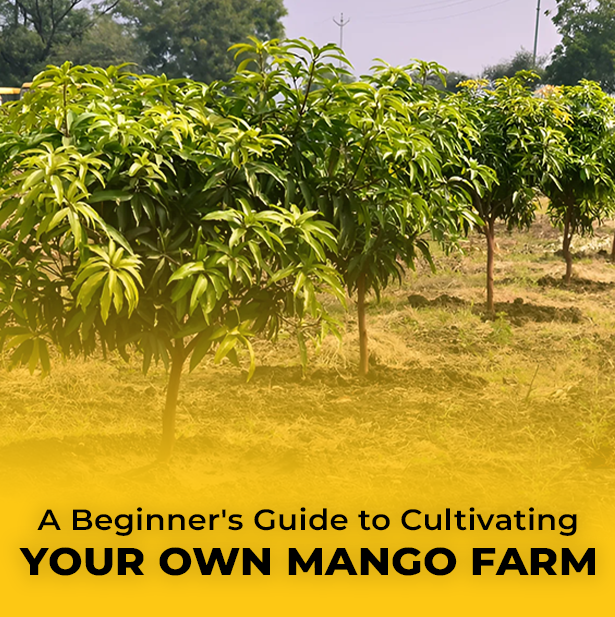
The foundation of any successful mango farm starts with the ideal location. Here are some key considerations when searching for mango farm land for sale:
Climate: Mangoes thrive in warm, tropical climates with plenty of sunshine (ideally 6-8 hours daily) and minimal frost risk. Aim for average temperatures between 70-85°F (21-29°C).
Soil: Well-draining, sandy loam soil with a slightly acidic pH (5.5-7.0) is ideal for mango trees. To find out whether any amendments are required, think about performing a soil test.
Water Availability: Mango trees require consistent watering, especially during the first few years. Ensure your chosen land has access to a reliable water source for irrigation.
Market Access: Proximity to markets or processing facilities reduces transportation costs and ensures freshness for your mangoes. Consider factors like distance to major cities or processing plants.
With over 1000 varieties, choosing the right mango for your farm is crucial. Here are some points to consider:
Climate Adaptation: Select a variety that thrives in your specific climate zone. Research mango varieties are known for their resilience in your region.
Fruit Characteristics: Consider the desired fruit size, flavor profile, and ripening season. Popular choices include Alphonso (known for sweetness), Ataulfo (known for creamy texture), and Keitt (known for disease resistance).
Market Demand: Research the most sought-after varieties in your local market. Understanding consumer preferences can maximize your profitability.
Once you've secured your mango farm land and chosen your variety, it's time to plant! Here's a basic guide:
Timing: Planting is typically done during the dry season, allowing the roots to establish before heavy rains.
Spacing: Depending on the variety, space your mango trees appropriately. For most commercial varieties, a spacing of 25-30 feet (7.5-9 meters) between trees is recommended.
Planting Process: Dig a hole twice the size of the root ball of your chosen mango tree sapling. Mix organic matter like compost with the backfill soil for added nutrients. Plant the sapling at the same depth it was growing in the nursery and water generously.
Mango trees require consistent care to ensure healthy growth and optimal fruit production. Here are some key practices:
Watering: Water your young trees regularly, especially during the dry season. Aim for root zone-soaking and thorough watering. As the trees mature, watering frequency can be adjusted based on rainfall and soil moisture.
Fertilization: Provide your mango trees with a balanced fertilizer formulated for fruit trees. Follow the recommended application rates and schedule based on your chosen fertilizer brand.
Pruning: Regular pruning helps maintain tree size, promotes better air circulation, and encourages fruit production. Prune during the dormant season (usually the dry season) to remove dead, diseased, or overcrowded branches.
Pest and Disease Management: Mango trees can be susceptible to certain pests and diseases. Monitor your trees regularly and implement integrated pest management (IPM) strategies to minimize damage. This may include using natural predators, organic controls, or selective pesticides as a last resort.
The wait is finally over! Here's how to know when your mangoes are ready for harvest:
Color: Depending on the variety, mangoes may change color slightly as they mature. However, a change in color from green to a slight blush or yellowing is a good initial indicator.
Touch: Gently press the fruit towards the stem end. If it gives slightly, it's likely ripe. Steer clear of very mushy or squishy mangos.
Aroma: Ripe mangoes should have a sweet, fragrant aroma.
Harvest mangoes carefully using sharp pruners or shears. Avoid damaging the stem or fruit.
Once harvested, proper handling ensures your mangoes reach consumers in optimal condition:
Sorting and Grading: Sort your mangoes based on size, ripeness, and any cosmetic blemishes. Higher-quality fruits typically fetch premium prices.
Packing: Choose appropriate packing materials that protect the mangoes from bruising during transportation. This may include padded boxes, mesh bags, or individual fruit wraps.
Storage: Depending on the ripeness stage, mangoes can be stored at room temperature for a few days or refrigerated for a longer shelf life (typically 1-2 weeks).
Finding the right buyers for your mango harvest is crucial. Here are some potential avenues:
Local Markets: Selling directly to consumers at farmer's markets or roadside stands allows you to capture a higher profit margin. This approach works well if you have a smaller farm and can manage the selling process yourself.
Wholesale Markets: Partnering with wholesale distributors can expand your reach and increase sales volume. However, wholesale prices tend to be lower than retail.
Processing Facilities: Some facilities specialize in processing mangoes into juices, dried fruit, or other products. This can be a good option if you have a large harvest or face challenges with fresh fruit sales.
Research and Education: Mango farming involves continuous learning. Subscribe to industry publications, attend workshops, and connect with experienced mango farmers to stay updated on best practices and innovations.
Financial Planning: Develop a comprehensive business plan that considers land acquisition costs, equipment needs, labor expenses, and marketing strategies. Secure any necessary funding before starting your mango farm.
Legalities and Permits: Research and comply with all local and regional regulations regarding agriculture, pesticide use, and food safety standards.
conclusionMango farming offers a rewarding experience, allowing you to cultivate a delicious and profitable crop. By following this step-by-step guide, conducting thorough research, and remaining passionate about agriculture, you can successfully establish your own thriving mango farm. Remember, the journey from searching for mango farm land for sale to harvesting your first mangoes requires dedication and continuous learning. But with hard work and the right knowledge, you can become a successful contributor to the world of mango farming.
